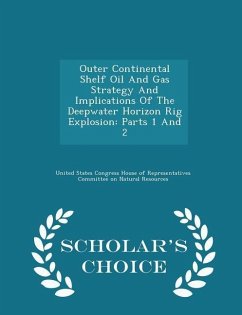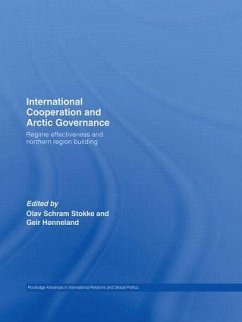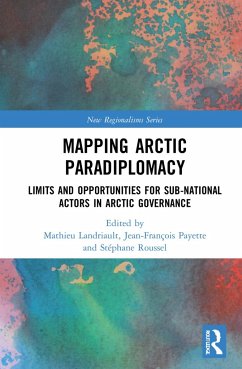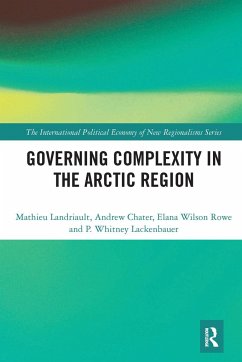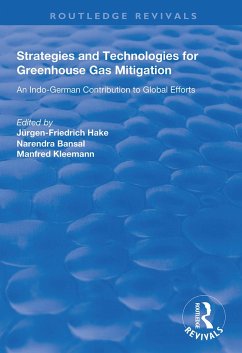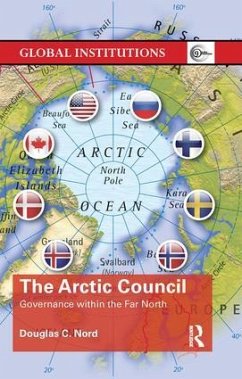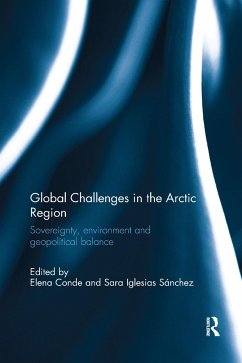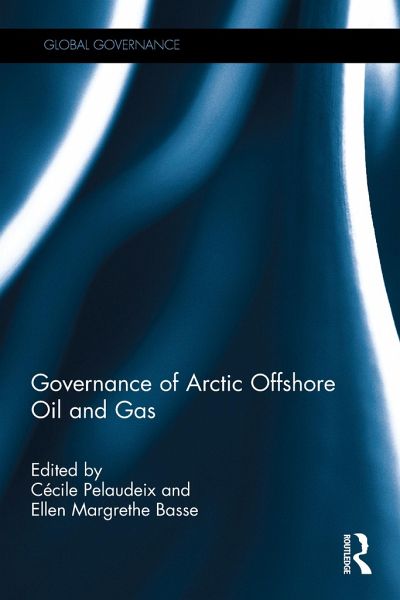
Governance of Arctic Offshore Oil and Gas

PAYBACK Punkte
28 °P sammeln!
Global energy problems will remain a challenge in the coming decades. The impact of climate change and the melting of polar sea ice opening up access to offshore hydrocarbon resources in the Arctic Ocean, raises questions for both civil society and the scientific community over drilling opportunities in Arctic marine areas. Disparities in approach to the governance of oil and gas extraction in the Arctic arise from fundamental differences in histories, cultures, domestic constraints and substantive values and attitudes in the Arctic coastal states and sub-states. Differing political systems, l...
Global energy problems will remain a challenge in the coming decades. The impact of climate change and the melting of polar sea ice opening up access to offshore hydrocarbon resources in the Arctic Ocean, raises questions for both civil society and the scientific community over drilling opportunities in Arctic marine areas. Disparities in approach to the governance of oil and gas extraction in the Arctic arise from fundamental differences in histories, cultures, domestic constraints and substantive values and attitudes in the Arctic coastal states and sub-states. Differing political systems, legal traditions and societal beliefs with regard to energy security and economic development, environmental protection, legitimacy of decision making, and the ownership and respect of the rights of indigenous people, all affect how governance systems of oil and gas extraction are designed. Using a multidisciplinary approach and case studies from the USA, Norway, Russia, Canada, Greenland/Denmark and the EU, this book both examines the current governance of extraction and its effects and considers ways to enhance the efficiency of environmental management and public participation in this system.





